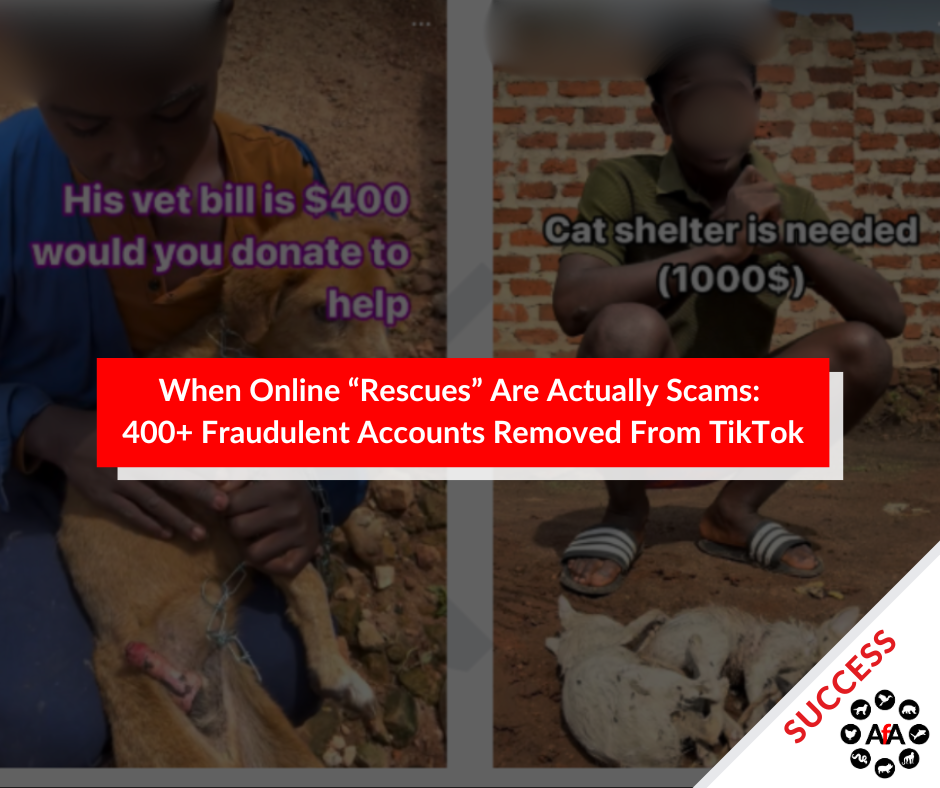Professional development opportunities for animal care staff
- Elliot Carr - AfA Sanctuaries and Rescue Centers Coalition
- May 12, 2023
- 2 min read
What we know impacts the care and welfare our animals experience in their daily lives. The way we can continually improve care standards and management practices for our animals lies in the knowledge and confidence of animal care teams. Sarah Bonser Blake’s presentation 'Professional development opportunities for animal care staff' will explore the accessible learning opportunities and resources available from Wild Welfare, and highlight the importance of continued professional development for people who work with animals.
To view SARCC's full event 'Sanctuaries and rescue centers: on the frontlines of conservation and welfare' please head to the playlist on Animals for Asia Youtube Channel.
About Sarah Bonser-Blake
Sarah Bonser-Blake has spent over a decade in animal management, having worked in several zoos and animal sanctuaries over the years, both in the UK where she’s from, and across the world. She has also worked in the ethical ecotourism sector and is passionate about responsible tourism. Her qualifications include a diploma in animal management and a degree in animal biology.
Sarah’s role in Wild Welfare encompasses many different aspects such as the creation and translation of animal welfare resources, helping to host training workshops with global project partners, and driving forward improvements for captive wild animals wherever possible. She loves working directly with animal care staff, recognising that collaboration is key and big changes begin with baby steps.
About SARCs first event: SARCs are often placed at a seemingly conflicting point between alleviating the suffering of individuals and acting as guardians of threatened species. When we consider the needs of individual animals, overpopulated SARCs, their limited resources and the need to rehabilitate, release and contribute to species conservation, the right way forward is not always clear. In April 2023, The SARC Coalition hosted its first online event - Sanctuaries and Rescue Centers: On the Frontlines of Conservation and Welfare was designed to share with SARCs some of the programs and tools available to help with these challenges, and to catalyze conversations between SARCs on these shared challenges.






Comments